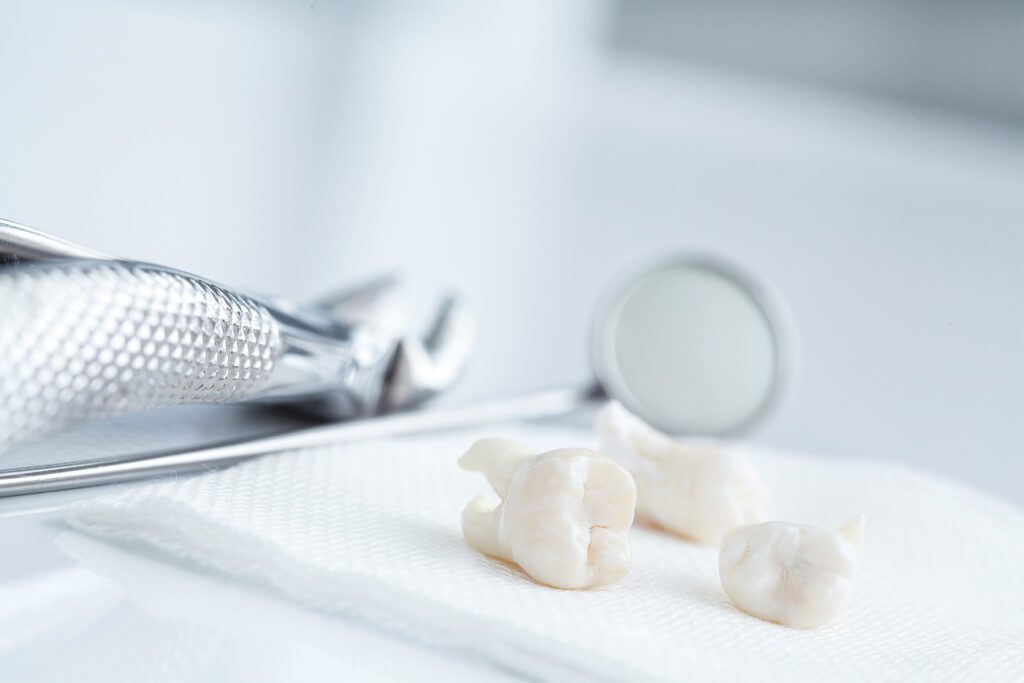Improved imaging and increased pain management options make wisdom teeth removal a safer and more comfortable experience.
Understanding Wisdom Teeth
Third molars, also known as wisdom teeth, are known to cause a plethora of issues including pain, cavities, bone loss, cysts, tumors, and infections. The risks of wisdom teeth removal increase after the age of 35, so removal at a young age (15-25 yrs.) vastly reduces the risks of complications.
New Solutions


Advancements in technology, medications, and techniques have improved the experience of wisdom teeth removal.
Imaging technology allows for better planning of the removal procedure with Cone Beam CTs that provide increased accuracy when locating nerves, vessels, and critical anatomic areas to aid in protecting the patient and preventing complications.
Anesthesia can ease patient anxieties and reduce or prevent pain during surgery. Options include local anesthesia (removes all sensation of sharp pain), nitrous oxide (alters the perception of pain), conscious/moderate oral or IV sedation (alters awareness and recall of the procedure) and deep sedation/general anesthesia (removes all potential awareness of the procedure). New advancements in monitoring, rescue equipment, assistant training, and medications have aided in improving safety and predictability of these procedures.
Pain reduction solutions assist the healing process. An innovative use of platelets has been introduced to aid in faster healing. This second-generation platelet concentration can be done right in the surgery office. Your blood will be drawn and placed into a centrifuge to concentrate the platelets into a fibrin matrix, allowing for a slow release of important factors that augment healing. Placing these platelet concentrates into the surgical sites can significantly reduce postoperative pain, swelling, and incidence of dry socket.
While narcotics can be useful for acute episodes of severe pain, new options are available to reduce their potential necessity. One example is the long-acting nonopioid pain reliever, Exparel, which can eliminate any sharp pain from the surgical site for up to 72 hours. Its mechanism is similar to injections used for any dental procedure; however, the slow, moderated release increases its longevity and eliminates postoperative pain in most patients.
Benefits to Patients
For some people, wisdom teeth removal is an intimidating process and may cause anxiety in the days leading up to it. Knowing that medical advancements in imaging, anesthesia, and pain reduction options are available to prevent complications and ease discomfort can be a great relief to these fears.


